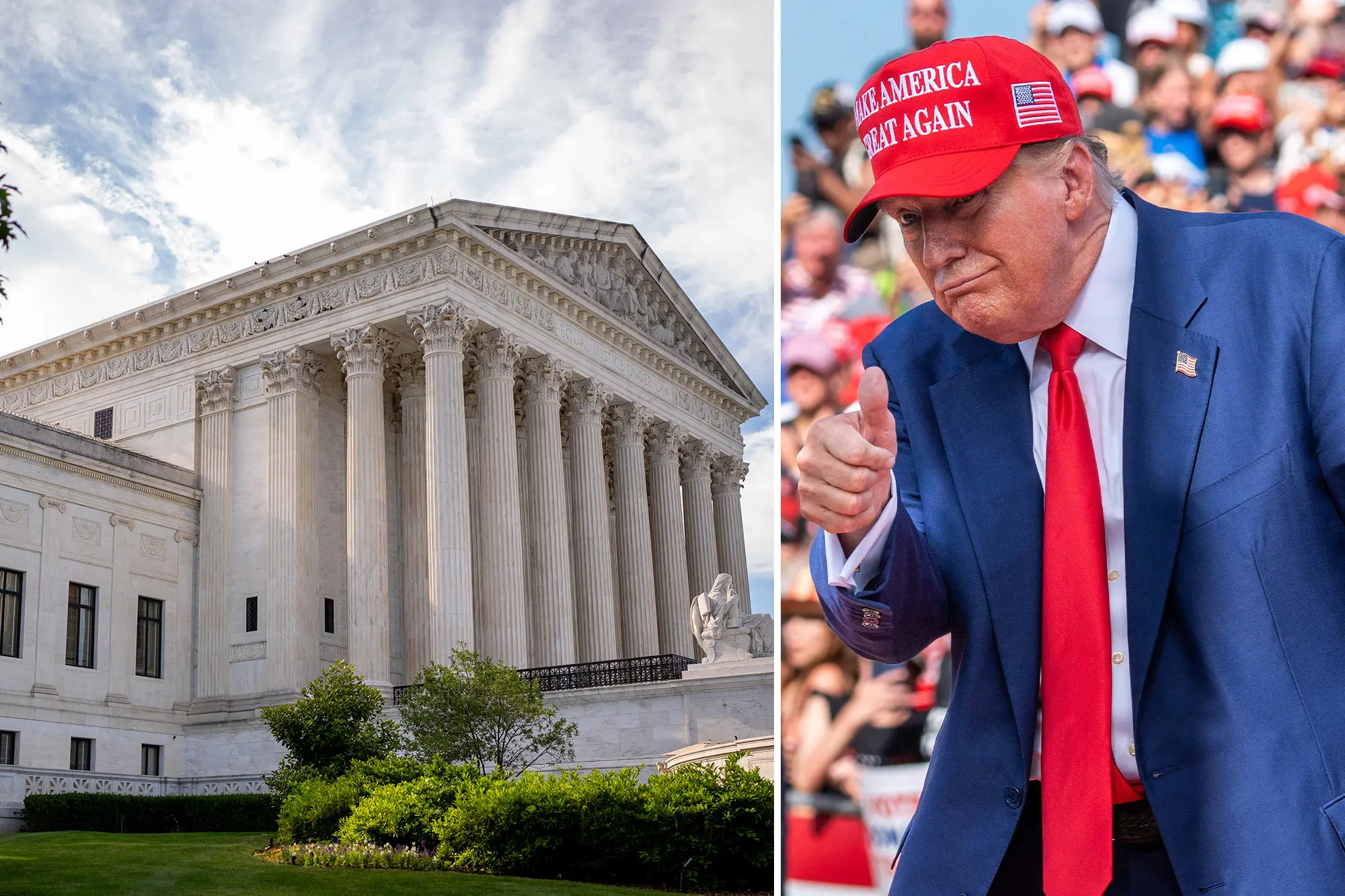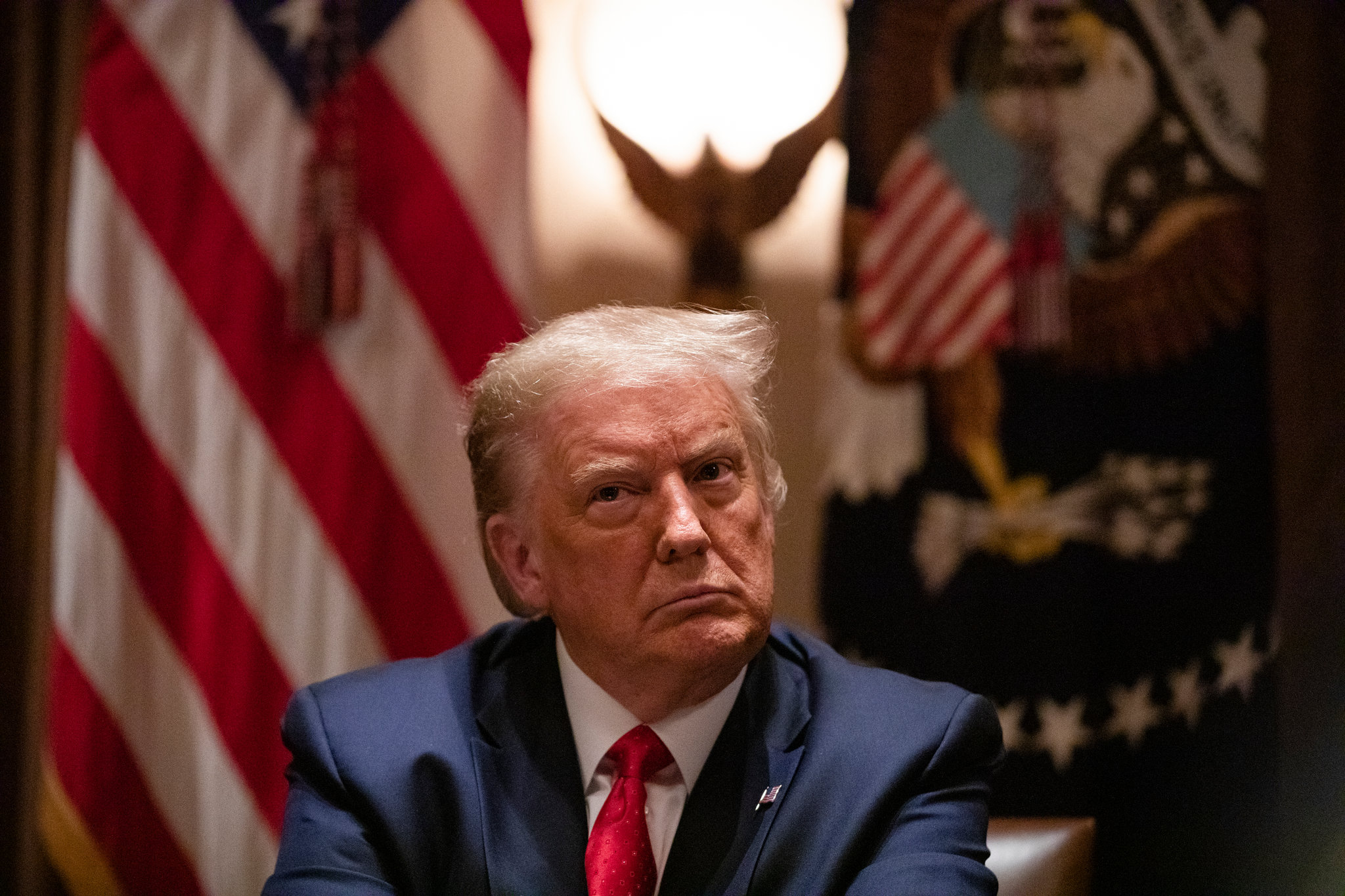The Supreme Court upheld President Trump’s 2017 tax law, ruling 7-2 that Congress had the authority to impose a tax on investors’ undistributed profits, rejecting a challenge and affirming its impact on future tax policies.
Supreme Court Upholds Trump’s Tax Law Despite Challenges – Sets Precedent
According to the New York Post, the Supreme Court has decided to keep Donald Trump’s 2017 cut tax law intact, despite objections from some business groups. In a 7-2 ruling, the court upheld a tax that charges investors on profits not paid out to them, rejecting a challenge led by a couple from Washington state, Charles and Kathleen Moore. Justice Brett Kavanaugh, writing for the majority, argued that Congress had the authority to impose such taxes and warned of the potential chaos if parts of the tax code were deemed unconstitutional.
The Moores had contested a tax bill of nearly $15,000 linked to an investment in an Indian company, arguing they never received any money from it. Justices Clarence Thomas and Neil Gorsuch dissented, believing the tax violated the 16th Amendment, which outlines income tax rules. Kavanaugh’s decision stressed the court’s limited role in altering tax laws, highlighting the financial impact of overturning existing tax provisions and leaving open the possibility for future challenges on related tax issues.
READ ALSO: $2.6 Trillion Surge: CBO Reports Alarming Rise In Deficits, Federal Spending And Debt Under Biden Administration – Must Know!

7-2 Supreme Court Ruling: Trump-Era Cut Tax Law Upheld, Investors Face $15,000 Tax Bill – What You Need to Know! (PHOTO: New York Post)
Supreme Court Decision on Tax Law Sets Precedent for Future U.S. Tax Policies
Furthermore, this ruling reaffirms Congress’s power to levy taxes on profits from American-owned companies operating abroad, setting a precedent for how tax policies may evolve under different administrations. It addresses ongoing debates about wealth taxes and underscores the court’s stance on legislative authority over tax matters, which could shape future tax reforms and legal battles in the United States.

















































